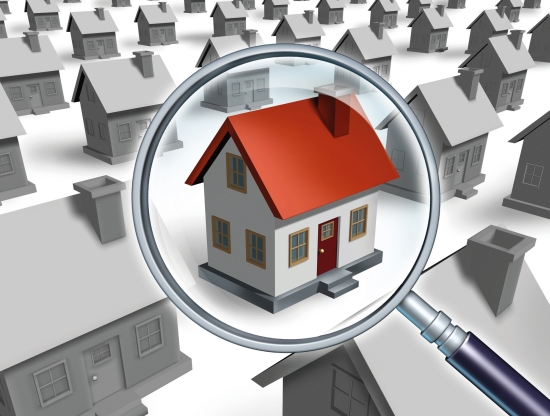So you are considering buying a home in the Netherlands? That’s a great choice, financially speaking; but it requires you to think strategically in the long term. Renting an apartment might make more sense if you’re planning to stay in the country for a short while and want to avoid bureaucratic hassle. But if you still want to go for it, buying a house in the Netherlands is a smart investment:
- Monthly mortgage payments are lower than rent payments in most regions of the country. This is the case if, for example, you make interest-only payments for up to 30 years. But even actual mortgage payments are often lower than rent prices.
- Rent costs increase every year, sometimes by as much as 10%. By contrast, mortgage payments are usually fixed.
- Mortgage interest payments and the closing costs of your mortgage are tax-deductible.
- By paying off your mortgage you build up equity. As the housing market keeps trending upward due to excess demand, especially around the cities, you can profit handsomely when you sell again.
- You have more options finding a place that matches your wishes and more freedom to renovate as you please.
Having said that, buying property also entails quite a few obligations, like paying property taxes, council taxes, insurance premiums and maintenance and repair costs. Once the fixed interest rate period ends, your monthly payments are likely to go up. If house prices go down, your property decreases in value and you could make a loss when selling.
Still want to buy? Good! The first move to make is finding yourself a good makelaar (real estate agent). As the housing market is very tight, especially in the Amsterdam, Haarlem, Utrecht, Delft and Leiden areas – but in fact everywhere in the west and middle of the country –, you need all the help you can get. Newly-built communities without a historical center (called vinex neighborhoods) used to offer affordable options in the Randstad area, but are getting more expensive by the day. In the rest of the country, there are still many good offers to be had in small towns and medium-sized cities that are well-connected by rail and highway.
For those who want to buy a house in Amsterdam, bear in mind that the city has for years been among the ten fastest-rising property markets in the world. You need to have a lot of patience waiting for something to open up, be quick to jump on a new opportunity, and have sufficient resources to pay hefty closing costs. Hiring a good real estate agent, who knows the market also outside of the ‘ring’ (the A10 ring road), can make all the difference between paying a fair price instead of top euro. Another thing to consider is that the municipality of Amsterdam retains leasehold (erfpacht) on most of the land, which means you only own the property that is sitting on it and you have to pay the city an annual ground rent, which can be quite high and therefore impact the mortgage you can get for the house itself.
Speaking of mortgages, if the 30% rule for expats applies to you, in which case 30% of your income is tax-free, chances are you will be able to borrow more from the bank. With the mortgage calculator tool at mortgagemonster.nl you can calculate the maximum mortgage you can get in the Netherlands.
